The World Health Organization (WHO) announced that mpox has been designated a public health emergency of international concern (PHEIC) on Wednesday.
WHO Director-General Dr. Tedros Adhanom Ghebreyesus stated during a press briefing on Wednesday, “Today, the Emergency Committee met and advised me that in its view, the situation constitutes a public health emergency of international concern. I have accepted that advice.”
Cases This Year
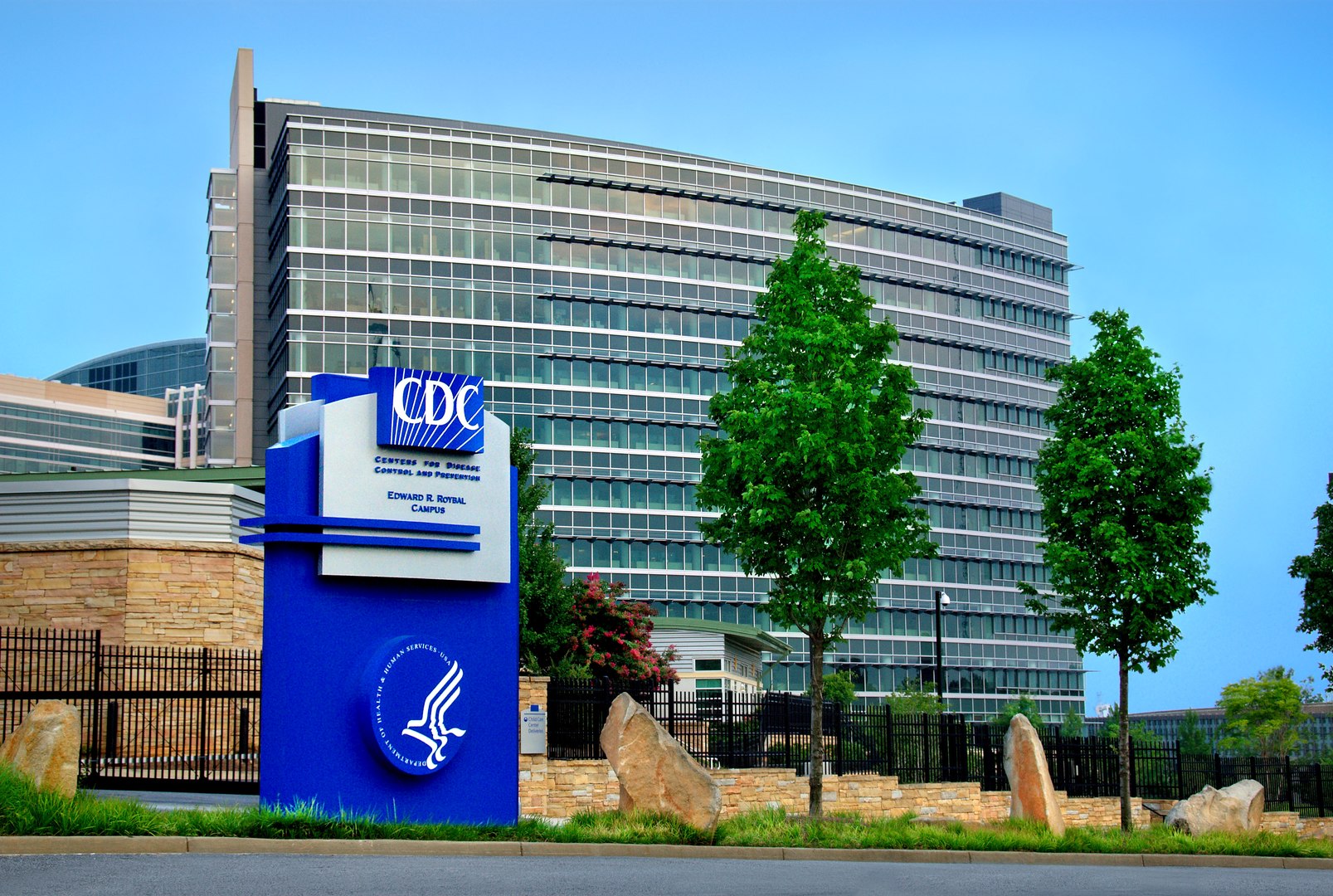
In the U.S., there have been 1,634 cases of mpox recorded up so far this year.
This information comes from the U.S. Centers for Disease Control and Prevention (CDC).
Comparisons to Previous Years
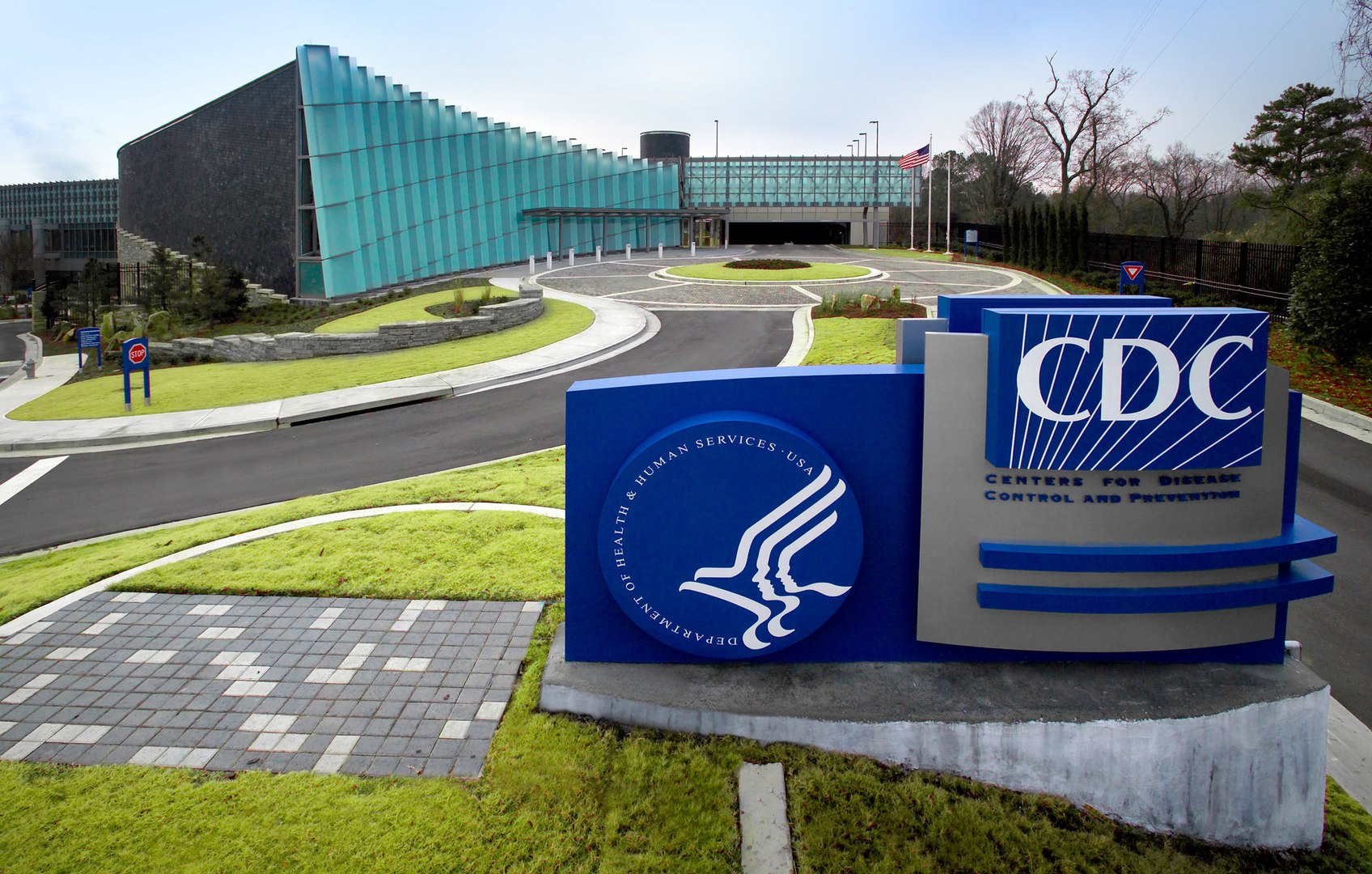
That is over two times the quantity of national cases seen at this time last year.
However it is a much lower figure than those seen during a U.S. mpox outbreak in 2022, CDC information shows.
Previous PHEICs
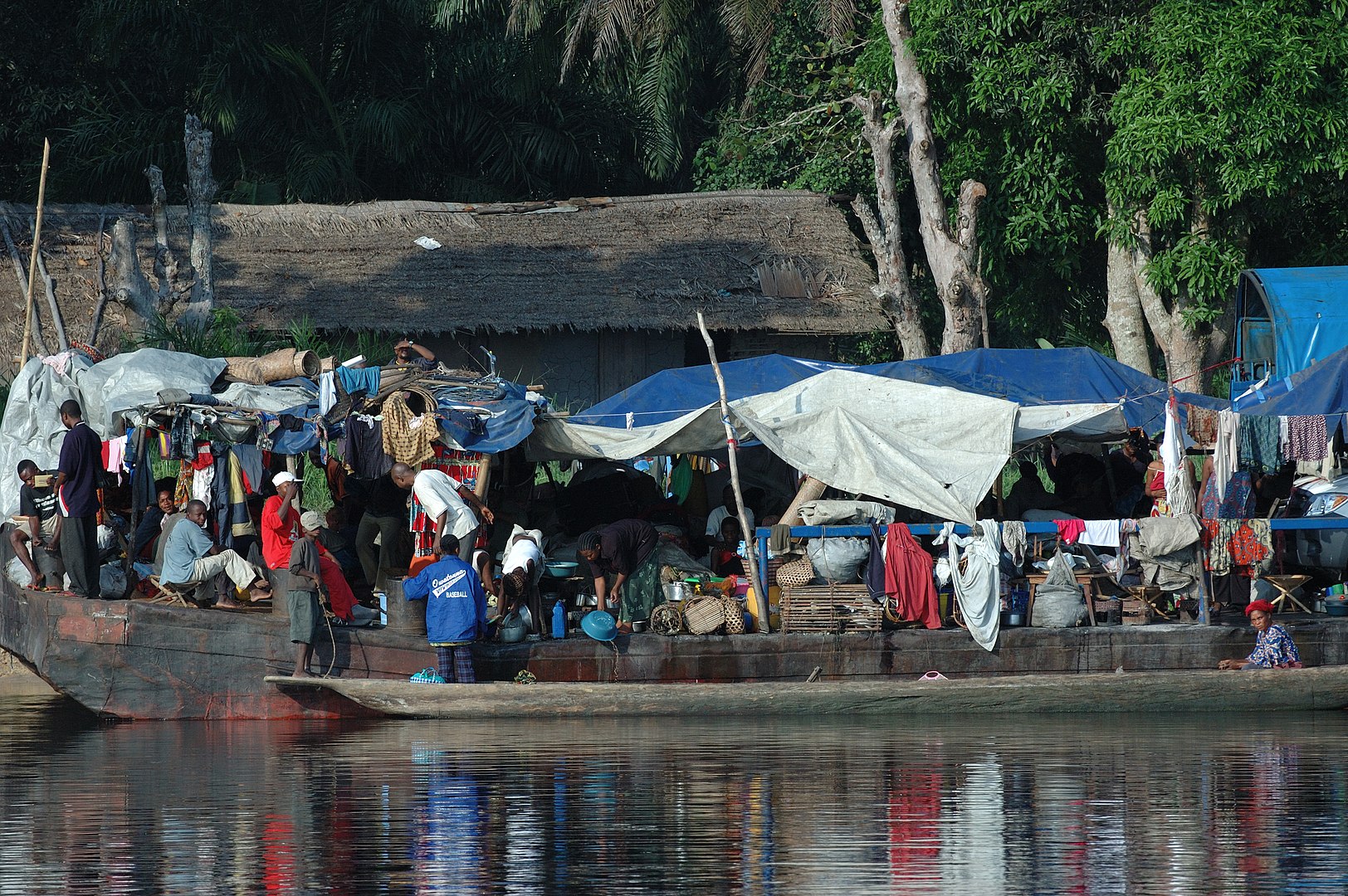
PHEICs were most recently issued for the Coronavirus pandemic and the past mpox outbreak of 2022.
In spite of the fact that mpox is endemic to parts of Central and Western Africa, cases have been significantly on the rise in the Democratic Republic of the Congo (DRC).
DRC Cases

There have been more than 14,000 mpox cases and 524 deaths in the DRC so far this year, as per the WHO.
There are two sorts of mpox: clade I and clade II, with clade generally meaning they are derived from a common ancestor organism.
Clade I Variant

Clade I has caused minor, limited episodes in the DRC for several years.
However scientists have distinguished a clade I variation, known as clade Ib, that appears to spread mainly through sexual contact and has all the earmarks of being behind the flare-up in the DRC.
Emergency Committee Meeting

Tedros said the identification of clade Ib in adjoining African nations that have never recorded mpox cases drove him to convene a meeting of the WHO’s emergency committee.
The neighboring African countries include Burundi, Kenya, Rwanda and Uganda.
“Very Worrying”

Tedros stated during the media briefing, “The detection and rapid spread of a new clade of mpox in eastern DRC, its detection in neighboring countries that had not previously reported mpox, and the potential for further spread within Africa and beyond is very worrying.”
On Monday, the Africa Centres for Disease Control and Prevention (Africa CDC) – the continent’s top health organization – declared mpox a public health emergency of continental security (PHECS).
June Reports

Africa CDC’s PHECS announcement is the first such declaration since the organization’s founding in 2017, as per the agency.
At the same time, the WHO distributed a report that found there were a sum of 934 new lab-affirmed instances of mpox and four deaths from 26 countries in the period of June.
“Across the World”
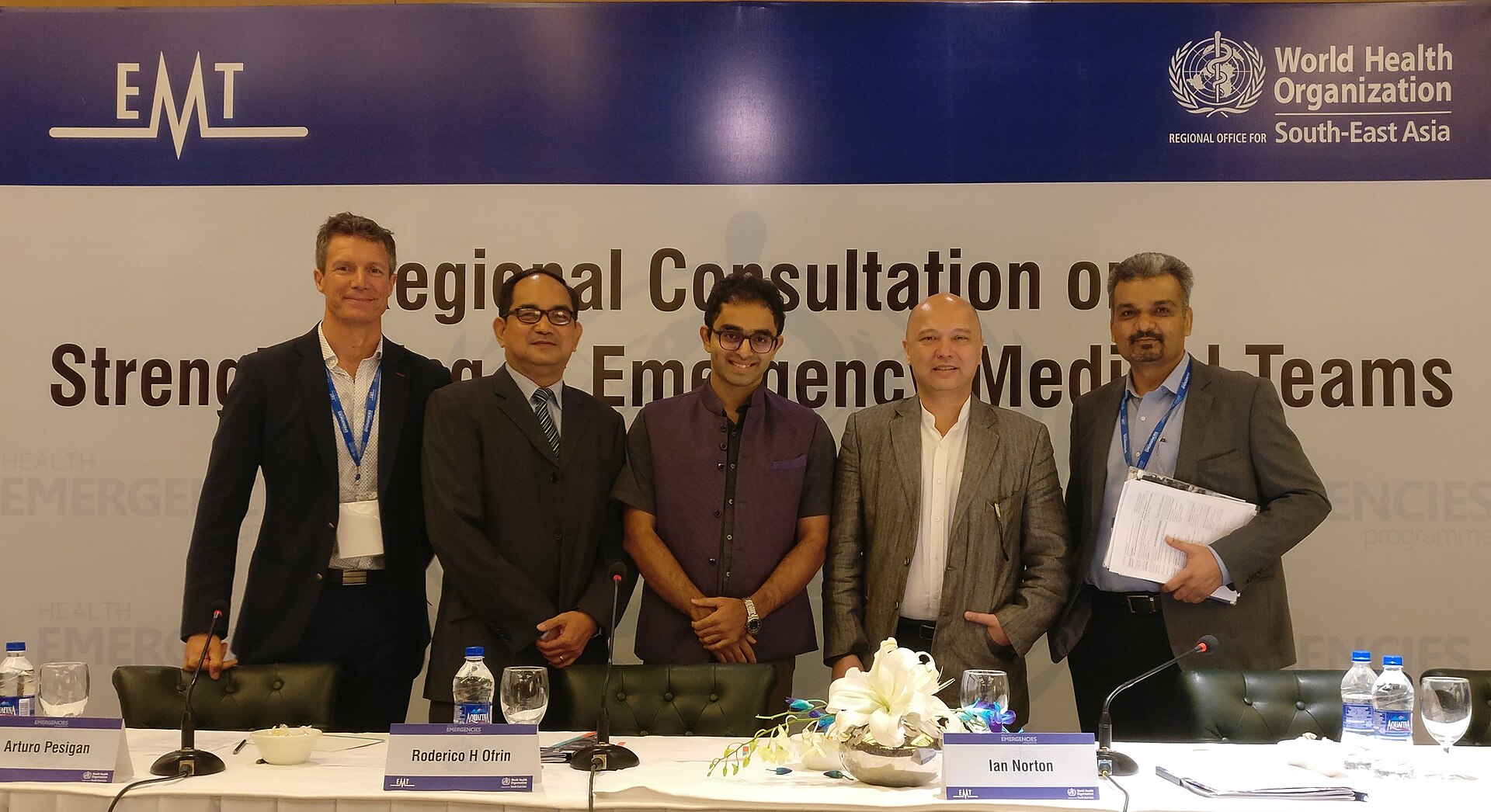
According to the WHO report this “[illustrates] continuing transmission of mpox across the world.”
There have been no instances of clade I mpox recorded outside of Central and Eastern Africa right now, including the U.S., as per the CDC.
Low U.S. Risk

The risk of the kind of mpox spreading in the DRC is low to the American public, as per the CDC.
Presently, the JYNNEOS vaccine, a two-dose immunization is Food and Drug Administration-approved.
Vaccine Effectiveness
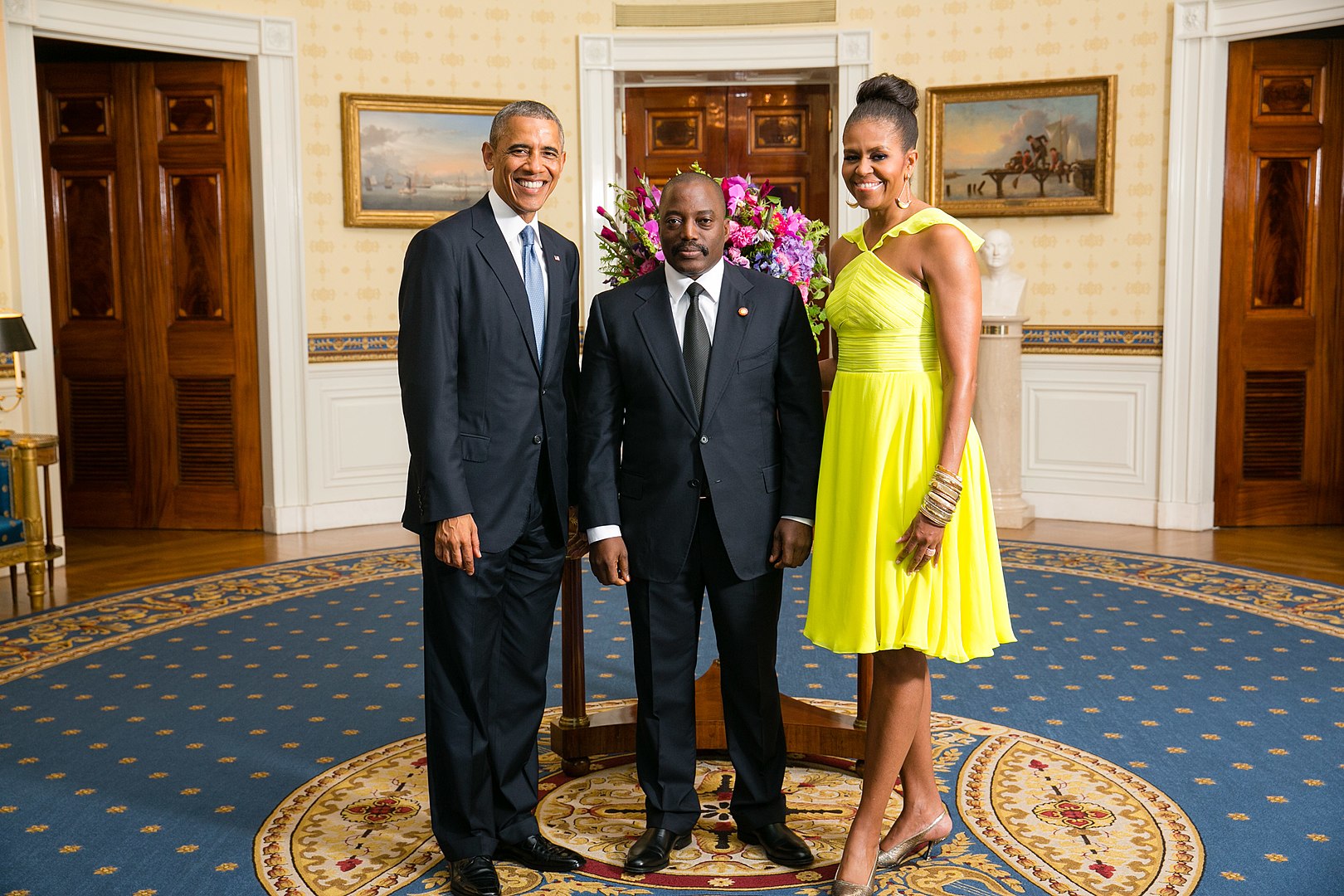
The JYNNEOS vaccine to prevent both smallpox and mpox, is the only vaccine being utilized in the U.S. to prevent mpox.
Information from Africa has shown two doses of JYNNEOS are at least 85% effective in preventing mpox spread.
Two doses is recommended for the best protection with a four-week wait between doses.
